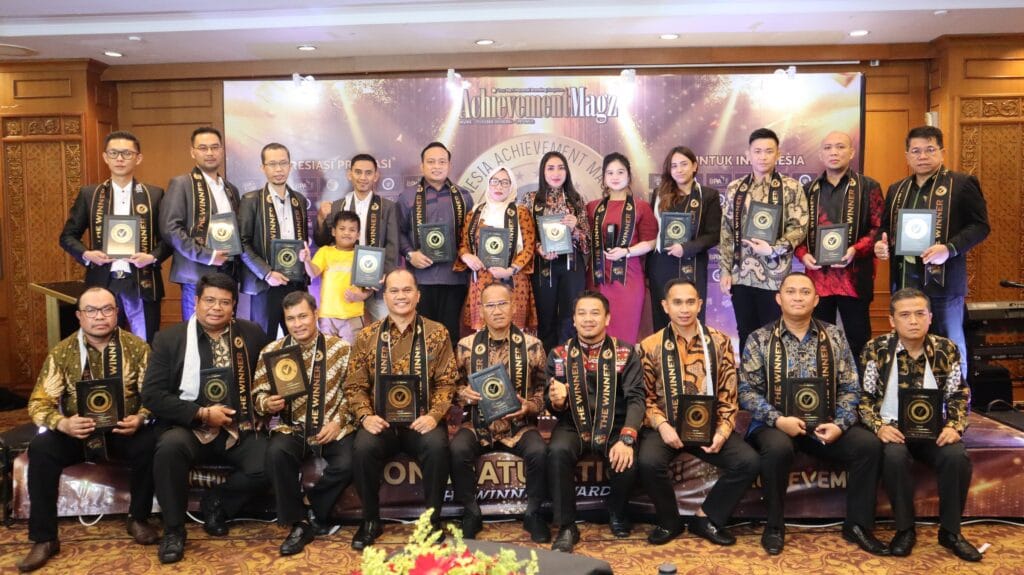JAKARTA – Despite progress in various sectors, corruption continues to pose a significant hurdle for foreign investors eyeing Indonesia as their investment destination. This revelation stems from the recent Business Confidence Index (BCI) survey, where respondents were probed about the anticipated challenges that could impact Indonesia in the coming 12 years. Remarkably, a staggering 71% of respondents identified corruption as the foremost obstacle they encounter. Ian Betts, Honorary Secretary of BritCham Indonesia and Managing Director of CastleAsia, highlighted this concern during the presentation of the International Business Confidence Index (BIC) on Tuesday (23/4/2024). He emphasized that corruption, extensively covered in media and public discourse, has become pervasive, denting the allure of Indonesia for foreign investment.
Following closely behind corruption, as highlighted by respondents, are bureaucratic inefficiencies or “red tape” and regulatory complexities, both at 70%. Additionally, the dearth of skilled labor stands at 68%, with labor policies trailing at 64%. Notably, while bureaucratic inefficiencies have slightly improved from previous years, having secured the second spot in the 2023/2024 survey after corruption, they have significantly dwindled from 86% in 2019/2020.
The regulatory landscape, although possibly shifting towards more contentious nationalist policies, has also experienced a decline from 76% in 2019/2020 and 78% in 2018/2019. This downward trend indicates a favorable trajectory, garnering positive reception within the business community. Addressing the challenge of a skilled labor shortage has seen some strides, with growing optimism surrounding access to skilled labor. Meanwhile, labor policies have remained stagnant at 64%, reflecting a neutral stance amidst evolving business dynamics and labor relations maturation.
In essence, the BCI serves as a vital gauge of economic sentiment and governmental efficacy, encapsulating broader business confidence metrics such as revenue, employment figures, profitability, and future investment prospects. The survey, comprising 90 respondents collected online from March 7 to April 3, 2024, drew predominantly from the Services sector (26%), followed by Energy and Natural Resources (14%), and Infrastructure and Construction (13%). This comprehensive snapshot of business sentiment provides invaluable insights into Indonesia’s investment landscape, guiding policymakers and stakeholders towards fostering a conducive environment for sustainable economic growth.









